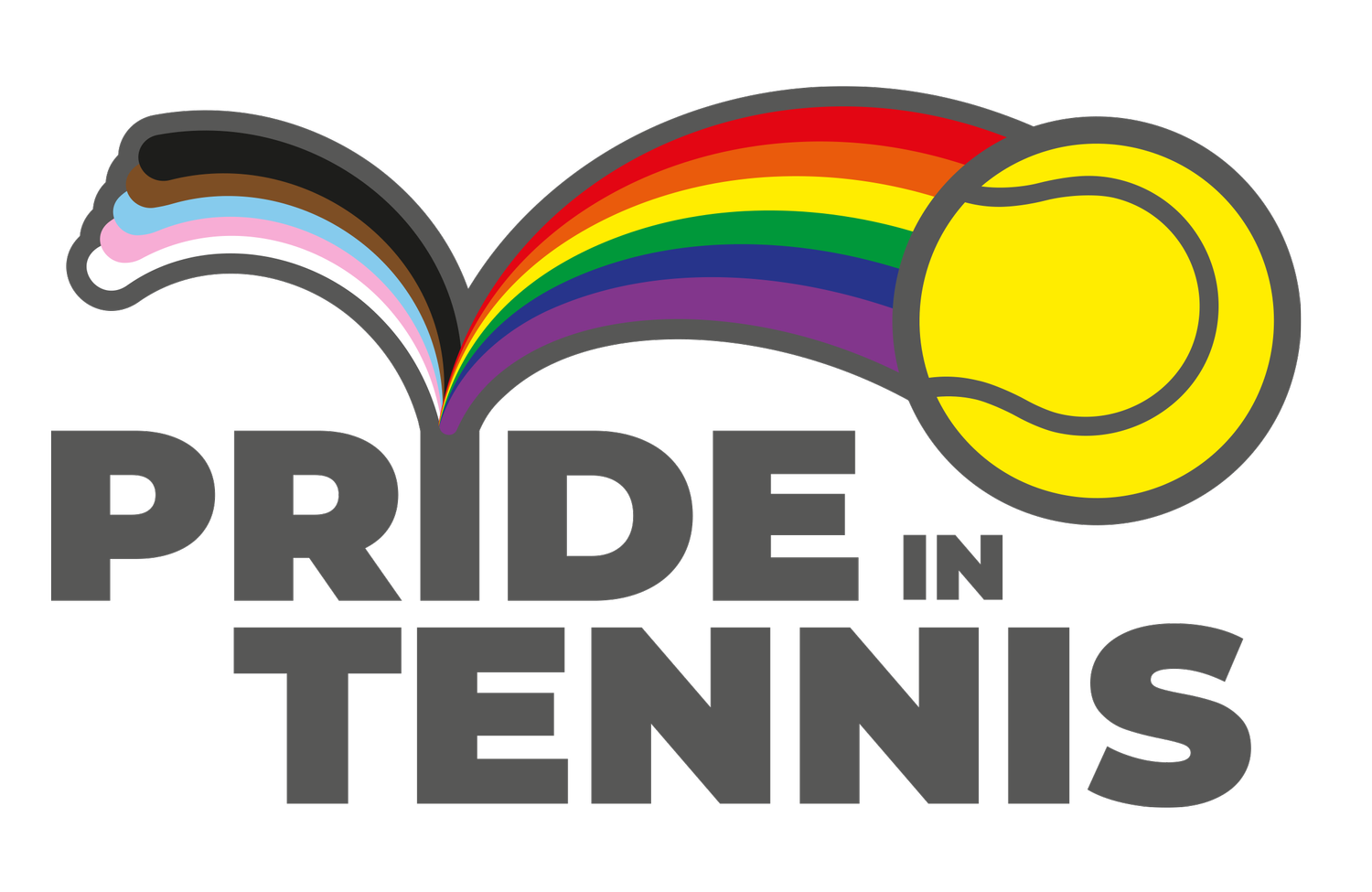Rainbows and Russia: Daria Kasatkina Officially Comes Out of the Closet
Russia’s number 1 female singles player Daria Kasatkina recently hit a number of major professional and personal milestones. By winning her fifth WTA title at the Mubadala Silicon Valley Classic in San Jose yesterday, she has reached a career high ranking of No. 9. (Photo credit: Instagram / Daria Kasatkina)
Arguably, Daria made a more important statement off-court by coming out a fortnight ago via Twitter. Through the act of posting a simple picture of herself with her girlfriend (Natalia Zabiiako), Kasatkina has entered the small pool of openly gay and bi pro tennis players.
The common misconception that comes with queer representation in tennis is that there are “too many lesbian players”, but this is simply not true. Take this year’s French Open as an example. Seven “out” women played at the tournament out of 128 female qualifiers. Although the statistic is outdated now, it’s predicted that 10% of people identify as part of the LGBTQ+ community, but only 5% of women at the French Open were openly gay or bi.
So not only does Kasatkina come from a nation with some of the most anti-gay laws in Europe, but she plays a sport with no openly gay male players and a disproportionately low number of gay women.
Her homeland of Russia and its homophobic law-making has in recent years almost seemed laughable to western nations, but the Duma has taken their anti-gay propaganda laws to a new level by now prohibiting any displays of public affection between two people of the same gender.
In a recent interview with Russian blogger Vitya Kravchenko, Kasatkina described Russia’s involvement in the war in Ukraine as “a full-blown nightmare”. Along with her comments about the impossibility of living a closeted life in Russia, it’s understandable why Kasatkina fears that she may never return to her home country. (Photo credit: Youtube / Vitya Kravchenko)
After ending the video with Kasatkina being reduced to tears on the shoulder of Kravchenko, you cannot ask for a better example of how much bravery it takes to speak out against her home country, all the while also speaking her truth about herself.
The Duma’s Biysultan Khamzaev condemned Kasatkina’s recent coming out and criticism of the war in Ukraine by describing her line of reasoning as “propaganda” and even insinuated that she is trying to gain attention from Russia’s military operations.
Who knows whether the war in Ukraine inspired Kasatkina to come out, but her fearless honesty on both counts and with all the aforementioned hurdles is nothing short of remarkable.
Kasatkina may have started her professional career in 2013 as the Kremlin Cup wildcard, but now she has ascended to the Top 10 in women’s singles tennis. Her journey to the top could not be more reflective of her coming out: she began her career in an oppressive and homophobic state, unable to be and show herself to the world and is now trending globally on Twitter to the support of the worldwide tennis community (including fellow tennis superstars) by bravely owning and celebrating her queer identity.
A new kind of queer icon is born.
(Photo credit: Twitter / Daria Kasatkina)
About the author: Daisy Olyett (she/her) runs Pride in Tennis's social media. As a bisexual woman, her journalism mostly focuses on queer and/or Feminist issues. Daisy currently works as a Journalism teacher in Cardiff but takes any opportunity to catch live sport in the Sports Wales National Centre or the Cardiff Bay International Sports Village.




